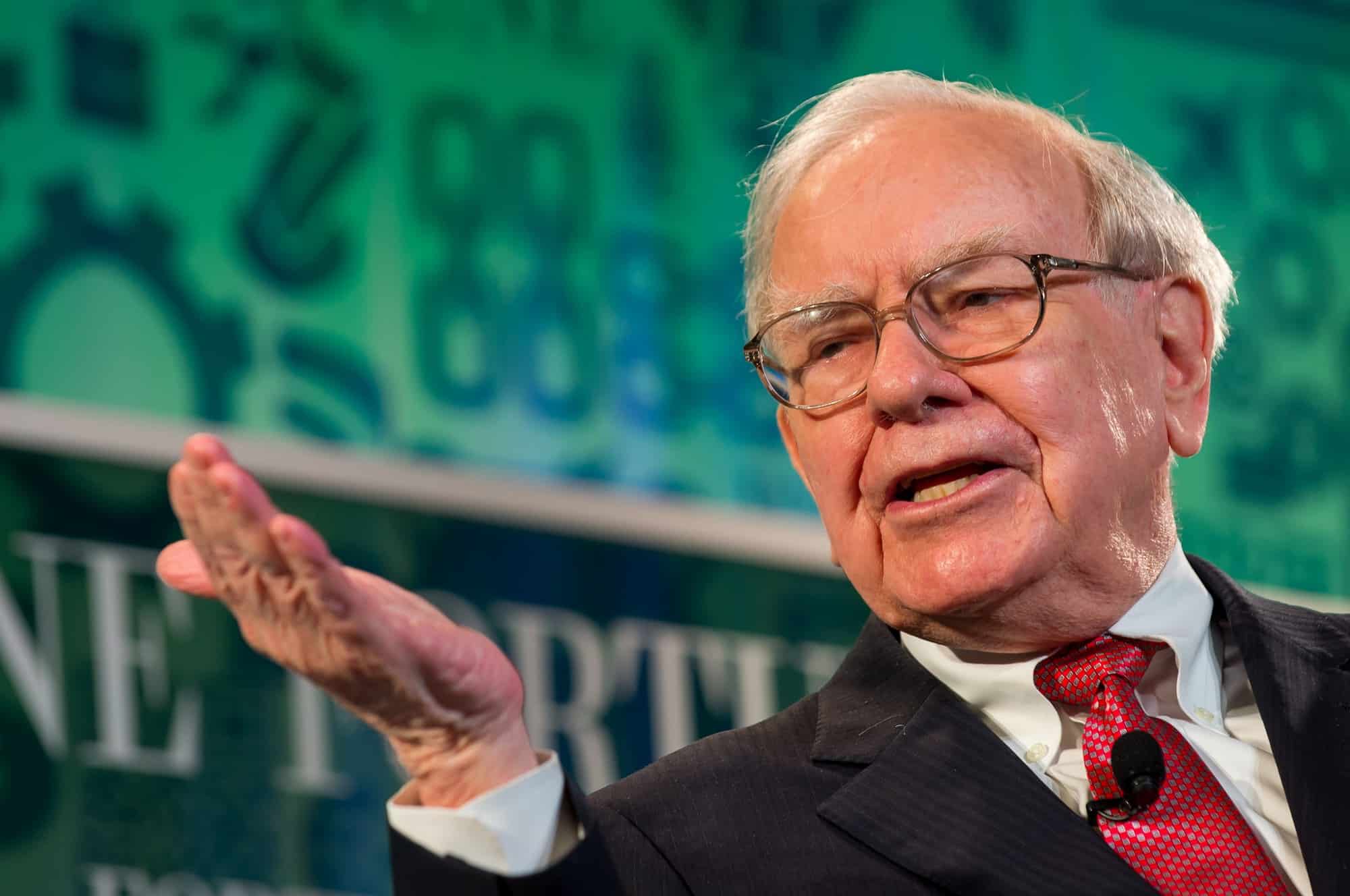
One of Warren Buffett’s trademarks is his penchant for long-term holdings, like Coca-Cola and American Express. Over the past year, though, he or one of his fellow managers, Ted Weschler and Todd Combs, erased some stocks from the portfolio they oversee for Berkshire Hathaway. Based on the performance of those stocks from the end of the quarter they were sold, the managers largely made the right call, at least in the short run.
First Quarter – Twenty-First Century Fox Inc: +15%
Twenty-First Century Fox proved the best performer after Berkshire Hathaway let go its 8.95 million shares. The company’s share price rose 15% to $27.34, just shy of the S&P 500’s 16% gain.
The stock responded positively to the company’s Dec. 14 announcement that it would spin-off its news, sports and broadcast business to create “Fox.” It also initiated a plan to sell its film and television studios and remaining businesses to Disney (DIS).
For the first quarter, Twenty-First Century Fox reported 5% growth in revenue to $8.04 billion, as lower television revenues partially offset increases in affiliate and ad revenue. Net income was $1.92 billion, up from $936 million.
Wally Weitz, founder of Weitz Investment Management, commented on the stock in a fourth-quarter shareholder letter:
“Several months back in our third-quarter summary, we expressed our belief that Twenty-First Century Fox’s durable, if unexciting, growth would eventually become difficult for the market to ignore. We have long held that Fox had a strong hand to play amid tectonic shifts in the broader media landscape, particularly given the increasing importance of global scale. We would not have guessed, however, that: 1) Disney and Fox were in or about to begin exploratory merger talks, or 2) the Murdoch family would be willing sellers. Of the realistic homes for Fox’s assets, Disney would be our first choice among known suitors. The agreed-upon deal price is a nice validation of our valuation work, and made Fox the Fund’s largest contributor during the fourth quarter. Potentially significant regulatory hurdles remain, but we are positive on the prospects for the “new Disney,” assuming the deal is approved.”
Second quarter – General Electric Co: -47%
General Electric performed the worst of the group, dropping 47% since the end of the second quarter, as the S&P 500 rose 19%. GE traded Thursday afternoon around $29.55 per share.
GE’s stock plunged over the year as it missed earnings expectations by a wide margin in the summer, cut its dividend and incurred a $6.2 billion charge that stemmed from its financial services businesses more than ten years ago.
A new accounting standard also forced the company to revise down its earnings per share for 2016 and 2017. “In late March, we will provide comparative results for 2016 and 2017 that reflect the new standard,” GE said in a release in February.
Though he sold out of the stock, Buffett did not rule out other transactions with GE.
“If we liked the business and the price was right, we could write a check for cash and that would apply to GE,” Buffett said. “We’re always in the market for a big business that we can understand and that we like.”
Third quarter – Wabco Holdings: -6%
Buffett unloaded 97% of his Wabco Holdings position in the second quarter and sold the remaining 63,195 shares in the third. He had an approximate estimated gain of 98% on the holding. Since the end of the third quarter, the shares declined 6%, while the S&P 500 rose 9%.
Wabco is a maker of brakes, steering and other systems for commercial vehicles. In the past five years, it has had growth rates of 8.3% for revenue, 9.5% for Ebitda, 2.7% for free cash flow and 6.3% for book value.
In the fourth quarter, Wabco increased its revenues 30.9% compared to the previous year, to $943.1 million. Earnings per share for the quarter rose to $168.3 million, or $3.12 per diluted share, from $63.1 million, or $2.00 from a year prior.
Wabco has $1.28 billion in cash and $1.02 billion in long-term debt on its balance sheet.
Fourth quarter – International Business Machines: +1%
Buffett slashed 94.47% of his IBM holding in the fourth quarter, selling almost 35 million shares. As of the end of the fourth quarter, he held 2.05 million remaining.
Its price rose 1% year to date, to $154.25 Thursday afternoon, almost on pace with the S&P 500’s 2% gain. In May, Buffett told CNBC he was “wrong” on IBM.
“IBM is a big strong company, but they’ve got big strong competitors too,” he said. “I don’t value IBM the same way that I did six years ago when I started buying
He also said, “I’ve revalued it somewhat downward.”
The company has struggled as it shifted its focus to the cloud, blockchain, data and artificial intelligence, but saw growth in the fourth quarter. IBM reported a 4% increase in revenue from the previous year, totaling $22.5 billion, with full-year cloud revenue up 30% to $5.5 billion. Revenues also increased across each of its five segments.
Its net loss from continuing operations amounted to $1.1 billion, or $1.14 per diluted share, and its net cash from operating activities was $5.7 billion.
The company ended the quarter with $12.6 billion in cash and $46.8 billion in debt.

